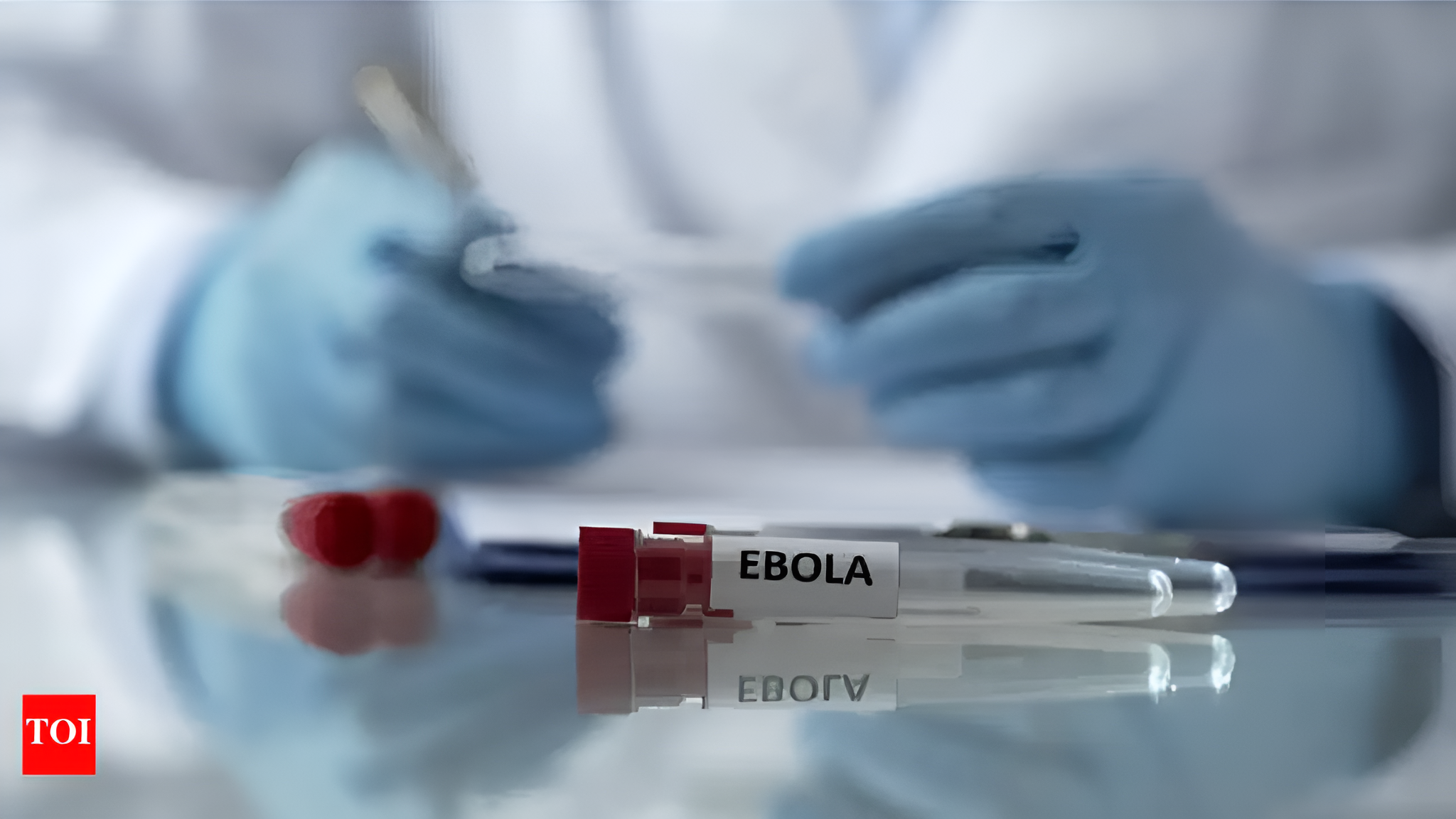![A doctor is taking blood for test. Pharmaceutical manufacturers have found that using companion diagnostics during drug development improves the success rate of therapeutics being tested in clinical trials. [iStock/anna1311]](https://www.insideprecisionmedicine.com/wp-content/uploads/2019/01/355.jpeg)
An analysis of U.K. primary care data has shown that blood tests commonly carried out by general practitioners (GPs) could be used to improve cancer detection in patients presenting with non-specific abdominal symptoms.
Diagnosing cancer is difficult—around half of patients who receive a cancer diagnosis initially present with non-specific symptoms.
“As a GP I know it can be challenging to pick up patients with possible cancer in a 10-minute appointment, especially if they have vague symptoms,” said the study’s lead author Meena Rafiq, PhD, of the UCL Department of Behavioral Science & Health in London.
“We know that many of these patients are already having blood tests done by their GP, so we wanted to see if any of these tests could be used to help identify which patients are most likely to have cancer and need to be urgently referred.”
Using real world data from U.K. General Practice linked to National Cancer Registry data, Rafiq and colleagues identified 425,549 patients aged 30 years or older who saw their GP with abdominal pain and 52,321 who presented with abdominal bloating between 2007 and 2016.
Of these, 2.2% in each group were diagnosed with cancer within 12 months of initially visiting their GP. The most common cancer sites in men were colon, prostate, and pancreas; and in women were colon, breast, and ovary.
The researchers first calculated the predictive value of abdominal pain or bloating for any cancer within 12 months and found that all individuals aged 60 years and over with either symptom had a cancer risk over 3%, which is the threshold used by the U.K. National Institute for Health and Care Excellence for recommending urgent specialist cancer referral.
The risk of cancer was estimated to be 3.1% for men aged 60 to 69 years reporting abdominal pain, rising to 8.6% for men aged 80 years and over with this symptom. For women in these age groups, the respective risk was 3.1%, rising to 6.1%.
However, over-60s with stomach pain or bloating are currently only given a cancer referral in the U.K. if they have an additional potential cancer signal such as weight loss.
Rafiq and team then looked at the results of 16 different commonly used blood tests, including tumor markers, C reactive protein, blood cell counts, liver and kidney function tests, and glycated hemoglobin levels, among others, to see if abnormal findings could improve cancer prediction.
They report in PLOS Medicine that, in patients aged 30 to 59 years, several blood abnormalities updated a patient’s cancer risk to above the 3% threshold.
For example, women aged 50 to 59 years with abdominal bloating had a pre-blood test cancer risk of 1.6%. This increased to 4% with anemia, 6% with raised inflammatory markers, 8% with raised platelets, 9% with low albumin, and 10% with raised ferritin.
In general, the individual blood test results most strongly predictive of cancer in symptomatic patients were low albumin, high platelets, high prostate-specific antigen, and high CA125.
Currently, only raised platelets and anemia are included in guidelines for cancer referral. The guidelines, the researchers noted, focus on the presence of ‘alarm’ symptoms and risk of cancer of a single organ, with limited guidance existing for vague symptoms that could be a sign of cancer in a number of different organs.
Rafiq et al estimated that adding information from these blood tests to clinical risk assessment solely based on presenting symptom, age and sex, would result in 63 additional urgent suspected cancer referrals for every 1000 patients with abdominal bloating and would identify three extra patients with cancer, which corresponds to a 16% relative increase in cancer diagnosis yield. For every 1000 patients with abdominal pain there would be 67 extra cancer referrals and two extra diagnoses.
Rafiq says that although adding blood test information to risk prediction would increase the number of people referred who do not ultimately have cancer, “it would also result in increased pick up of cancers via urgent pathways and we know that patients who are diagnosed through urgent cancer pathways have better outcomes and are more likely to be diagnosed earlier.”
She also stresses that her team “is not recommending that any additional blood tests be done in general practice, but rather, results from existing blood tests already done by GPs in these patients could help identify which patients are most likely to have underlying cancer.”
The researchers comment that their findings may vary if extrapolated to healthcare settings with higher or lower rates of blood test use, but Rafiq hopes that the data could ultimately be built into a tool that can be integrated into existing GP computer systems to flag patients who present with these symptoms who are most likely to have cancer and should be considered for an urgent cancer referral.
She also suggests that NICE guidelines could be updated to recommend that patients aged 60 years and older who visit their GP with new onset abdominal pain or bloating should be considered for an urgent cancer referral, regardless of blood test results or having other symptoms. In addition, patients younger than 60 years of age with these symptoms should be identified for urgent cancer referral if they have any of the abnormal blood test results highlighted in the study as being associated with increased cancer risk.
Rafiq is now leading a new research project funded by Cancer Research UK to extend this work to look at other vague symptoms like weight loss, tiredness and nausea and whether blood tests can help detect cancer in patients with these symptoms.









![Best Weight Loss Supplements [2022-23] New Reports!](https://technologytangle.com/wp-content/uploads/2022/12/p1-1170962-1670840878.png)




